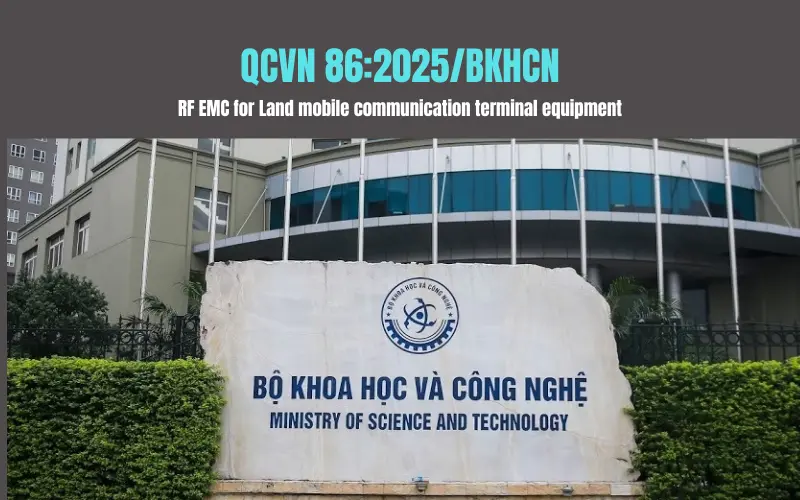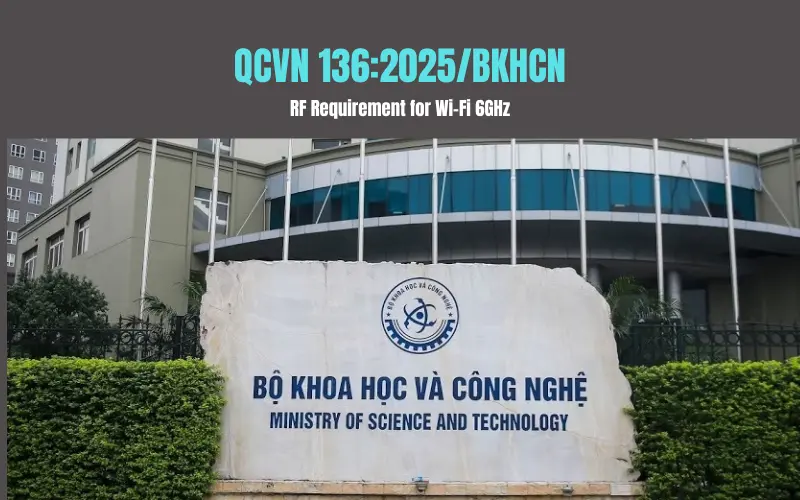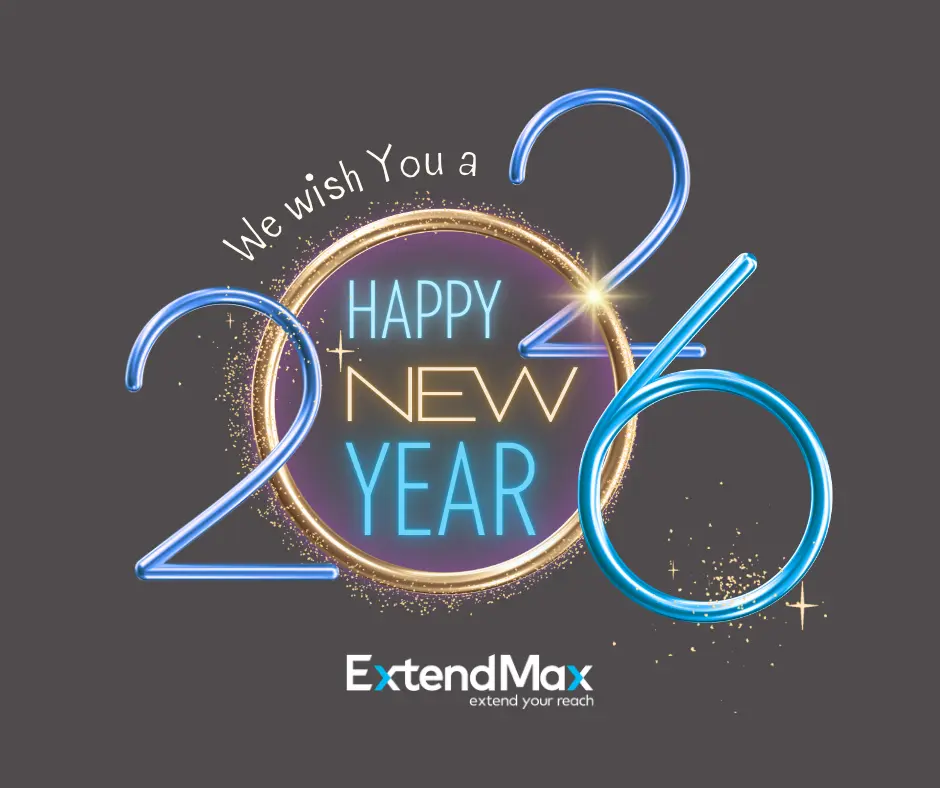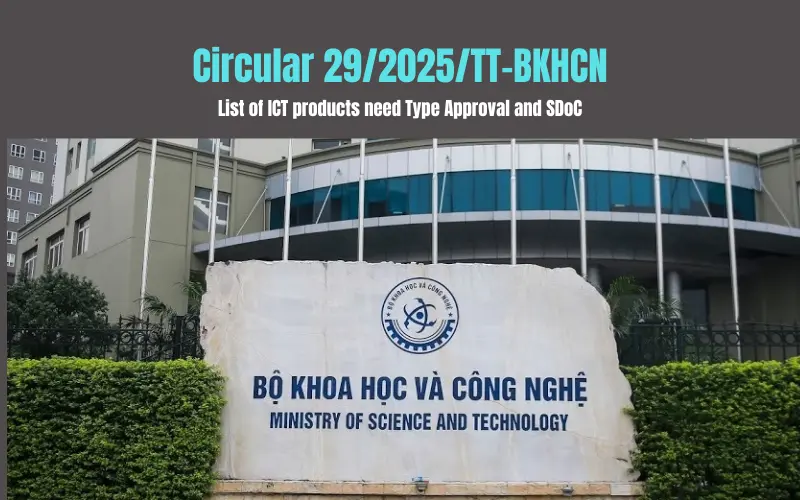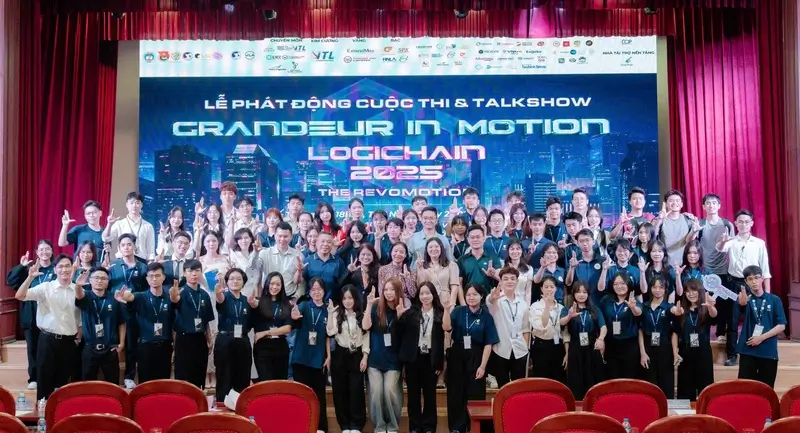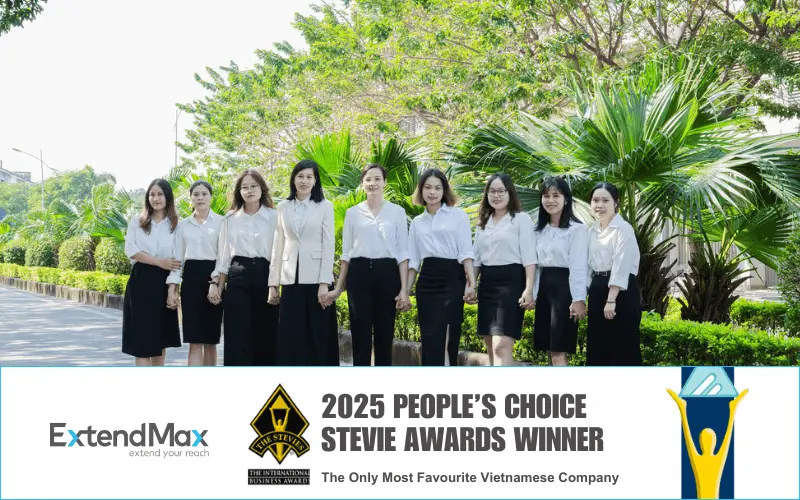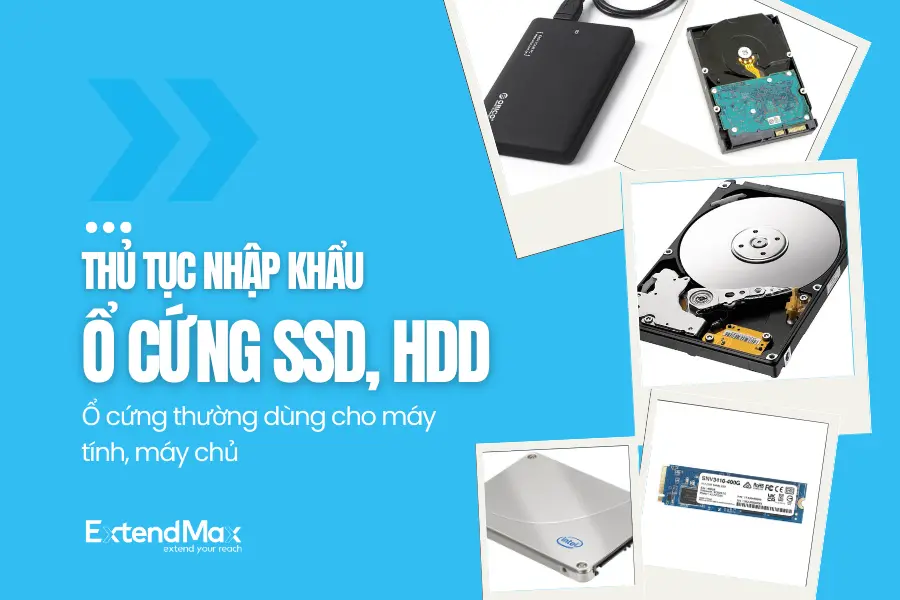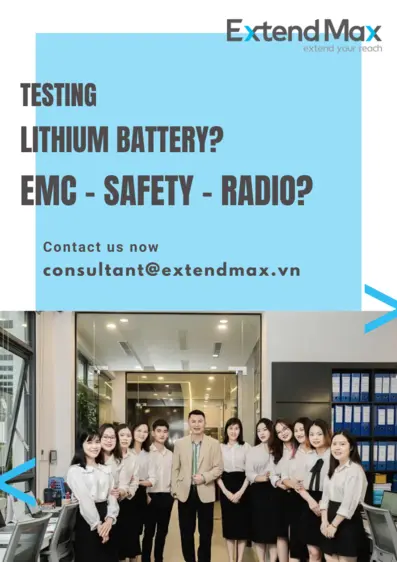EXTENDMAX – Businesses interested in trading coffee machines and seeking to import these products into Vietnam smoothly often encounter challenges. The specialized inspection procedures for coffee machines are relatively complex and time-consuming, potentially leading to difficulties. In addition to the standard customs procedures, manufacturers and import companies are required to obtain conformity certification and announce conformity when importing coffee machines. ExtendMax is here to address all your concerns by providing a detailed and in-depth guide on the import process, quality inspection, and conformity certification for coffee makers, helping you save both time and costs effectively.
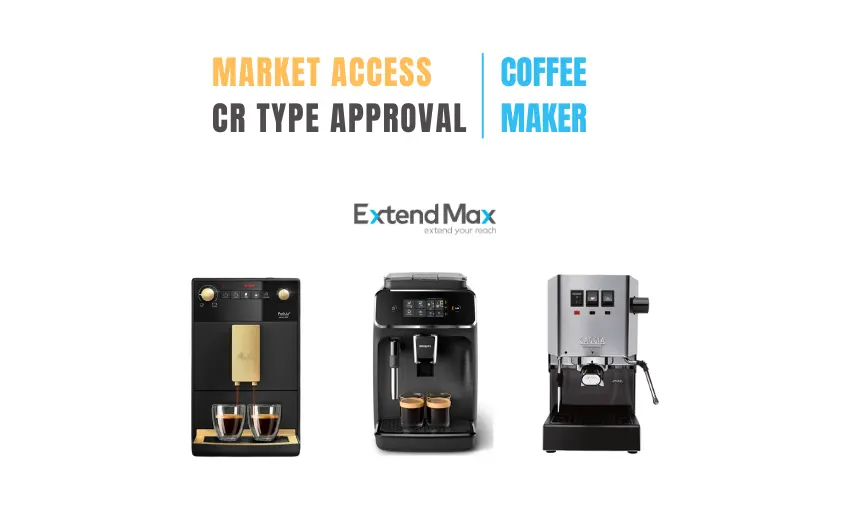
Classification of coffee machines on the market
Coffee machines can be categorized based on various criteria, depending on their use, technology, or purpose. Below are the common classifications:
Classification by operating mechanism
- Automatic coffee machines: These machines handle the entire brewing process automatically, from grinding beans to brewing and extraction. Suitable for offices or homes that value convenience.
- Semi-automatic coffee machines: Users manually handle some steps, such as grinding beans, tamping coffee, and adjusting water levels. These machines are typically used in professional coffee shops to achieve precise coffee flavors.
- Manual coffee machines: Users fully control all brewing steps. Includes methods like French Press, Pour Over, or AeroPress.
Classification by extraction method
- Espresso machines: Use high pressure to extract coffee, creating a signature crema. Ideal for those who enjoy strong and rich coffee.
- Drip coffee machines: Utilize the principle of hot water dripping through coffee grounds and a filter, producing a lighter coffee compared to Espresso. Popular in homes and offices.
- Cold brew coffee machines: Use cold water to extract coffee over an extended period (12–24 hours). Perfect for those who prefer smooth, less acidic coffee.
Classification by coffee type used
- Bean-to-cup machines: Equipped with a grinder to use fresh coffee beans, preserving the freshest flavor.
- Ground coffee machines: Use pre-ground coffee for quick preparation of hot coffee.
- Capsule coffee machines: Use coffee capsules for convenience, suitable for users without brewing experience.
Classification by capacity and purpose
- Home coffee machines: Compact design and small capacity, ideal for household use.
- Office coffee machines: Integrated with multiple automatic functions to serve a large number of users.
- Commercial/industrial coffee machines: Large capacity with consistent quality for continuous brewing in coffee shops or industrial use.
Currently, regulations on quality inspection and conformity certification are only mandatory for coffee machines intended for home use. In this article, we will focus on guiding the import procedures and specialized inspection for domestic coffee machines—products with potential electrical safety risks for users.
Specialized policies applicable to coffee machines
Coffee machines are classified as household electrical appliances used for heating liquids. According to current regulations, the import of coffee machines must comply with the following specialized policies:
| Specialized Import policies | State Quality Inspection, Certification of Conformity, Declaration of Conformity |
| Applicable Standards / Regulations | QCVN 4:2009/BKHCN and Amendment 1:2016 QCVN 4:2009/BKHCN |
| Exclusions, Inspection Exemptions | Maximum voltage exceeding 250 V. |
Note: Coffee machines must comply with the regulations set forth in TCVN 5699-2-15 (IEC 60335-2-15) for household electrical appliances and similar equipment. Safety standards are outlined in Part 2-15: Specific requirements for liquid heating appliances, as per the National Technical Regulations issued by the Ministry of Science and Technology.
In particular, according to Section II, Appendix I of the List of Goods Prohibited from Export and Import, issued under Decree 69/2018/ND-CP, used coffee machines are classified as consumer goods prohibited from import under the management of the Ministry of Industry and Trade, except for 10 specific cases in which used goods may be imported. Manufacturers and import companies must thoroughly understand these regulations to avoid difficulties during the import process.
>>> See more: 10 special cases for importing used coffee maker.
HS Code and import tariffs for coffee machines
Coffee machines fall under HS Group 8516, which includes: instant water heaters or storage water heaters and immersion water heaters; space-heating and soil-heating appliances; hairdressing thermal appliances (e.g., hair dryers, curling irons, curling tongs); hand dryers; electric irons; other electrothermal household appliances; and electric heating resistors, excluding those in group 85.45.
Details of the HS Code and import tariffs for coffee machines are summarized in the following table:
| HS code | Description | VAT (%) | Preferential import duty (%) | Normal Import Duty (%) |
| 8516.71.00 | - - Appliances for making tea or coffee | 10 | 25 | 37.5 |
Note: Imported goods are only eligible for preferential tariffs under Free Trade Agreements (FTAs) if all conditions are fully met. In cases where the conditions are not satisfied, the goods must comply with the standard import tariff rates.
To proactively access information on HS codes and tariffs for the goods you plan to import, please visit the Vietnam Trade Information Portal at https://vntr.moit.gov.vn/vi or the General Department of Customs website at https://www.customs.gov.vn/.
Legal basis for coffee machine import procedures
| Issued by | Regulation | |
| Vietnam MOST | Quality inspection, certification of conformity, and declaration of conformity according to QCVN 4:2009/BKHCN and Amendment 1:2016 QCVN 4:2009/BKHCN | |
| Circular No. 28/2012/TT-BKHCN (amendements and supplements in Circular No 02/2017/TT-BKHCN) | Method of Certification of Conformity and Declaration of Conformity | |
| Government | Decree 74/2018/NĐ-CP | Regulations on Documentation and Procedures for State Quality Inspection of Products and Goods |
Chính phủ | Nghị định 74/2018/NĐ-CP | Quy định thủ tục kiểm tra nhà nước về chất lượng, sản phẩm hàng hoá |
Document set for coffee machine import procedures
Based on Circular 38/2015/TT-BCT, amended and supplemented by Circular 39/2018/TT-BCT, the required documents for coffee machine import procedures include:
- Customs declaration form;
- Bill of lading/transportation documents;
- Commercial contract (Sale contract);
- Commercial invoice;
- Packing list;
- Certificate of Origin (C/O) – (The CO helps businesses apply for special preferential tariffs under FTAs);
- Catalogue – if available;
- Dossier for state quality inspection registration (with confirmation from competent authorities).
Preparing a complete set of documents will ensure a smooth and efficient customs clearance process. Once all the required documents are ready, businesses can proceed with customs clearance procedures.
>>> Read more: To prepare a full set of import export documents
>>> Read more: Tips to avoid mistakes in import-export documents
5-step process for coffee machine import procedures
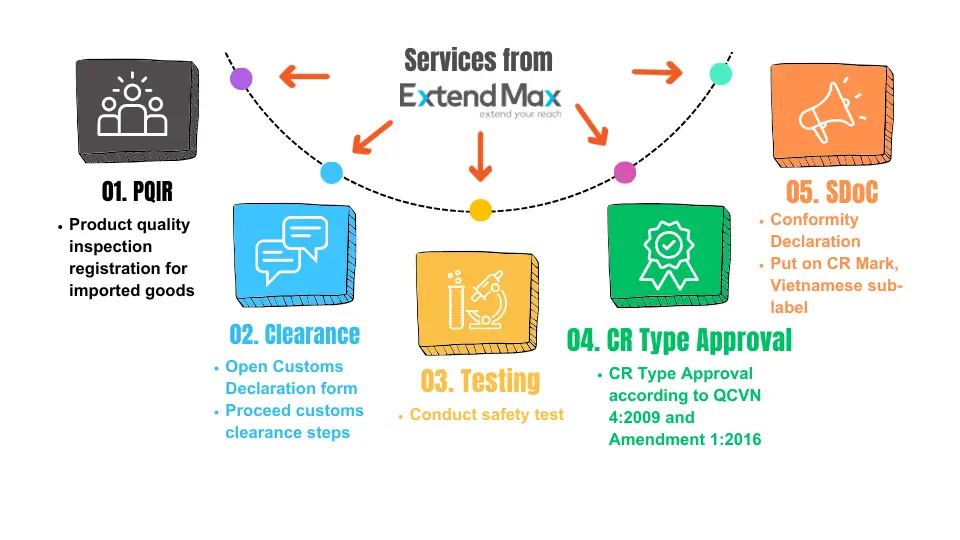
Step 1: Register for quality inspection
The first step in importing coffee machines is to register for state quality inspection.
>>> Read more: In depth knowlege on squality inspection for imported goods
| Documents/Materials Required | Registration Category/Standard Applied | Cost | Processing Time | Submission Location |
| 1. Import-export documents including Commercial Invoice, AWB or B/L, P/O or contract. 2. Catalog / Datasheet. 3. Quality Inspection Registration Form. | Registration Category/Standard Applied: Register according to the standards and regulations applicable to air fryer in the Appendix - Decision No. 2711/QĐ-BKHCN or Appendix 1 | No official fee. | 2~3 working days. | Submit online at the National Single Window Portal https://vnsw.gov.vn/ or directly at the provincial or municipal Department of Standards, Metrology, and Quality with a customs checkpoint. |
Step 2: Submit customs declaration and clear the shipment
Product quality and safety inspection is always a top priority. Businesses can submit the online application for quality inspection, along with the performance testing registration, at the time of customs declaration. Once the goods arrive at the warehouse, businesses should contact a conformity certification organization to arrange sampling and conduct electrical safety testing for the coffee machines.
Step 3: Register for sampling and product testing
Electrical safety testing:
| Documents/Materials Required | Registration Category/Standard Applied | Cost | Lead Time | Submission Location |
|
1. Catalogue / datasheet 2. Product sample (3-5m). 3. Fill out the sample testing registration form.
| QCVN 4:2009/BKHCN and Amendment 1:2016 QCVN 4:2009/BKHCN. TCVN 5699-2-15:2007 (IEC 60335-2-15: 2005) | Costs depend on the price list of the testing laboratory and the applicable standards. | 1~2 weeks depending on the product and each stage. | Testing laboratories designated by the Ministry of Science and Technology or registered with the Ministry. |
Step 4: CR conformity certification procedures
Imported coffee machines are typically certified for conformity under Method 7, which involves batch certification.
| Documents/Materials Required | Registration Category/Standard Applied | Cost | Processing Time | Submission Location |
| 1. Application for conformity certification according to the certifying organization's form 2. Business registration certificate. 3. Technical documentation (specs, datasheet). 4. Information declaration of the test sample. 5. Test and measurement results. 6. Other forms in special cases. | QCVN 4:2009/BKHCN and Amendment 1:2016 QCVN 4:2009/BKHCN. | Costs depend on the price list of the testing laboratory and the applicable standards. | 2~3 weeks depending on whether the documentation is complete. | General Department of Standards, Metrology, and Quality or a certification organization registered to conduct certification activities. |
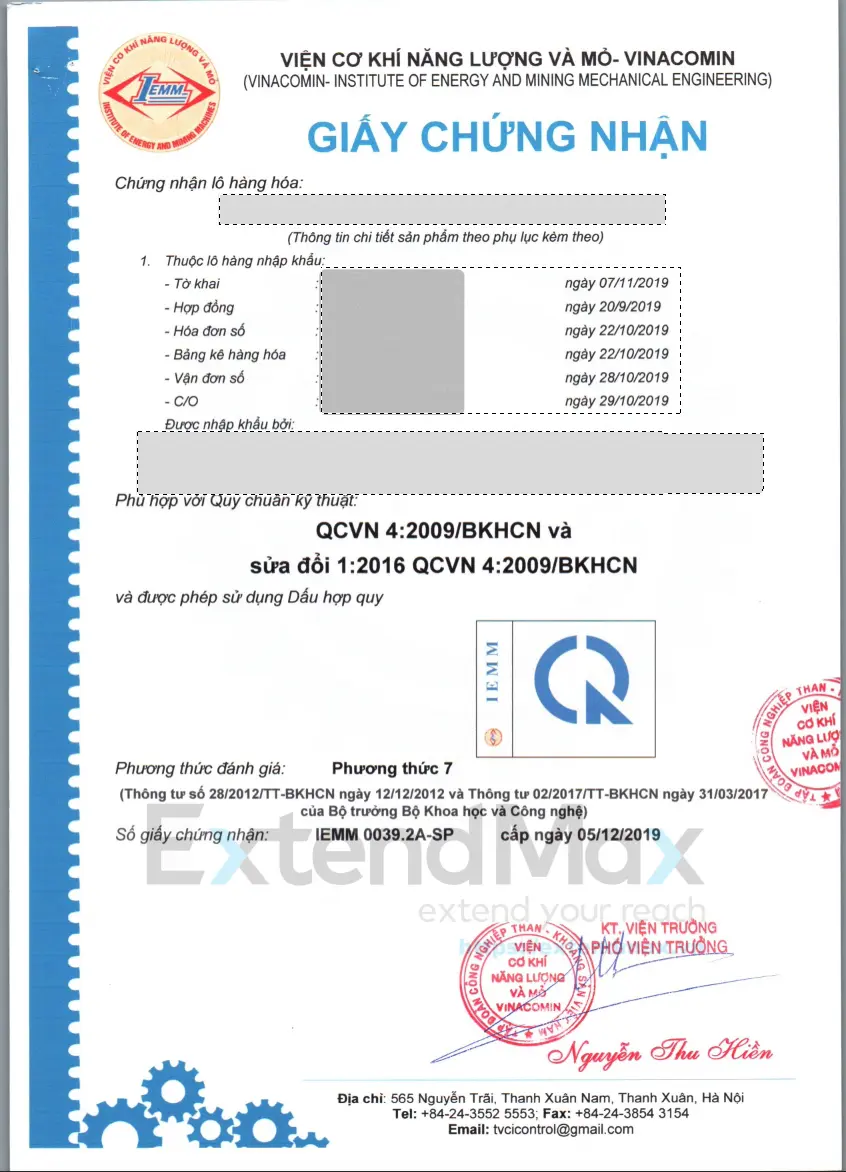
A sample Certificate of Conformity (CR) for coffee machines
>>> Read more: Detailed guide for Certification of Conformity according to method 7
>>> Read more: All you need to know about conformity certification and 8 methods
Step 5: Declare conformity and label the goods
Once the product testing results and the Certificate of Conformity (CR) are issued, the next critical step is to complete the conformity declaration. This can be done online via the National Single Window Portal or at the local Department of Standards, Metrology, and Quality for domestically manufactured goods.
After completing this process, businesses can proceed to affix the CR mark and other Vietnamese labels on the product, ensuring compliance before official distribution.
>>> Read more: Comprehensive guidance on Conformity Declaration
Top-tier service provider in Vietnam and internationally
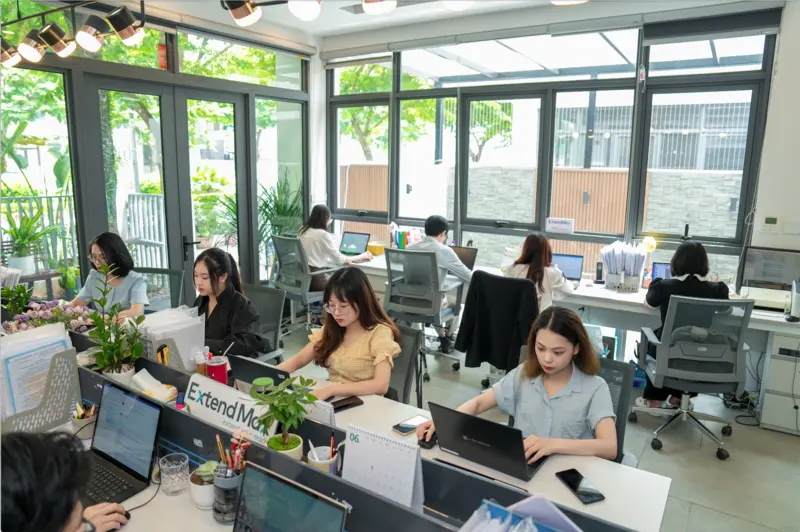
The above article has detailed the import process and highlighted the importance of conformity certification for imported products. Understanding the regulations and preparing a complete set of documents will help businesses import coffee machines smoothly, mitigate risks, and ensure consumer safety. Partnering with customers on their journey to success, ExtendMax is committed to providing peace of mind and absolute trust through professional, transparent, and effective services in coffee machine importation.
Outstanding services at ExtendMax, renowned for reliability and quality:
-
Consulting and Conformity Certification: ExtendMax's team of experts will guide and support businesses in completing documentation, performing quality inspections, evaluations, and obtaining conformity certification for electrical safety for coffee machines, ensuring compliance with legal regulations.
-
Quality Inspection Registration: ExtendMax advises and assists clients in registering for specialized quality inspections in compliance with the required standards. We help minimize errors in document preparation, significantly speeding up the approval process for quality inspection of imported goods.
-
Importer of Record services: As the #1 trusted partner for entrusted import-export services, ExtendMax has earned the trust and high regard of clients. We take pride in being the service provider for leading global security equipment corporations such as Cisco, Palo Alto Networks, and Arista Networks, contributing to the global supply chain.
We believe that with the dedicated and professional support of ExtendMax, our clients will achieve optimal efficiency in their coffee machine import business.
Follow ExtendMax on Facebook or LinkedIn to stay updated with the latest information! We’d be delighted to receive your support through comments, reviews, and sharing this article with the community.
↓ ↓ ↓ ↓ ↓ ↓ ↓



